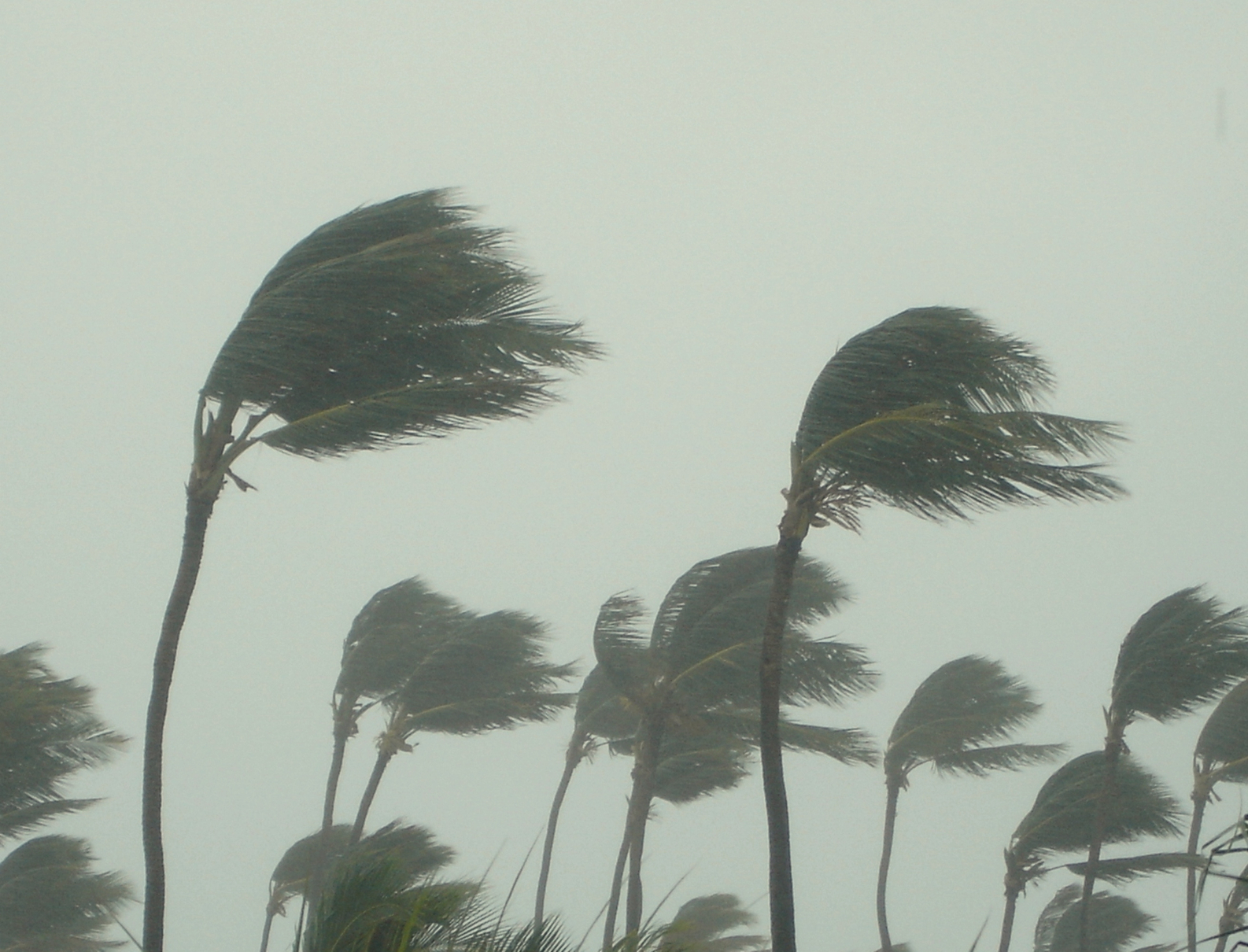
The Atlantic hurricane season is in full swing, with the peak of the season occurring from mid-August through October. Each year the coast experiences an average of six hurricanes, three of which are considered “major”. Following the guidelines below can help you safely prepare for and ride out the storm.
BE PREPARED
-
Know your evacuation routes, especially if you live near the coast. Know which roads are likely to be closed, and map out alternate routes for leaving your area
-
Find out how the emergency plans for your child’s school or care facility address hurricanes, and if you are required to pick up your child on site or at a different location
-
Designate a friend or family member that lives far from the storm area as a contact point for your family. If you are separated during a storm and communications are down in your immediate area, have each family member call the distant contact to report that they are safe
-
Make sure your smoke alarms and carbon monoxide detectors are working
-
Have tools, supplies and a first aid kit
WHEN A STORM WATCH OR WARNING IS ISSUED
-
Have several day’s supply of food and water for each family member
-
Secure outside objects (bicycles, lawn furniture)
-
Protect windows and doors with plywood or storm shutters
-
Turn refrigerator to the highest setting, and keep it closed as much as possible so food will stay fresh longer if the power goes out
-
Fill your car’s gas tank to be ready for evacuation orders
DURING THE STORM
-
Stay indoors; stay away from windows or glass doors
-
Use flashlights and have extra batteries on hand. Stay away from candles (fire hazard)
-
Unplug appliances, chargers and power cords from outlets to protect against power surges
-
Never operate a generator inside your home
-
Have a battery operated radio tuned to a NOAA weather station to stay informed
-
Remain indoors when the eye of the hurricane moves over your area; the lull is temporary – the storm will resume!
RECOVERY
-
If flood waters reach the level of electrical outlets, be sure to have a licensed electrician check the system BEFORE using the electricity in your home!
-
NEVER touch a downed power line or drive through standing water if a downed power line is near. Always report downed power lines to the local authorities.
-
Use your stored water until you are informed that the water supply is safe to drink
The most important guideline of all:
If you are ordered to evacuate, GO! There is nothing in your home that is more valuable than your life.
For further information, you can contact the following agencies:
The American Red Cross: http://www.redcross.org/get-help/prepare-for-emergencies/types-of-emergencies/hurricane#/About
Ready.gov : https://www.ready.gov/hurricanes
Hurricaneville.com: http://www.hurricaneville.com/safety.html
National Hurricane Center: http://www.nhc.noaa.gov/prepare/ready.php




